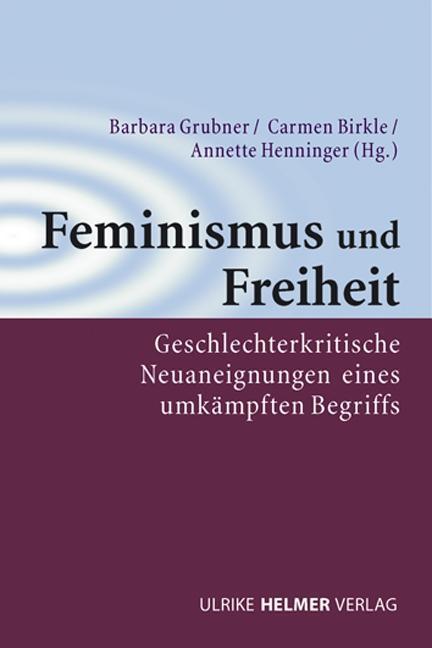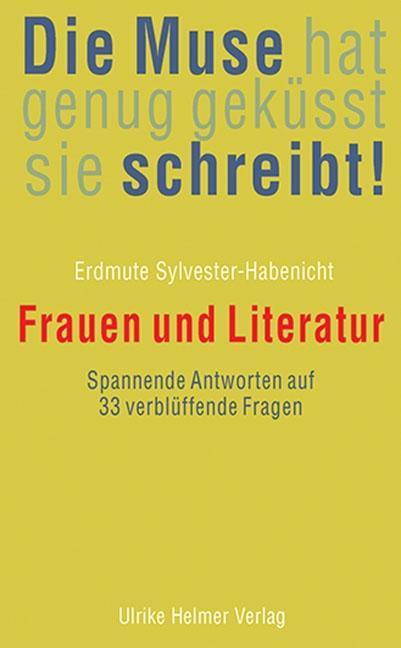
Die Muse hat genug geküsst, sie schreibt!
German, Erdmute Sylvester-Habenicht, 2019
On this page you'll find a ranking of the best Helmer products in this category. To give you a quick overview, we've already ranked the most important information about the products for you.
Women and literature - this special relationship has always fascinated you? The woman as muse, reader, and author of literature. But: Why do the author and the muse form a fatal alliance? Why do the author and the reader seem made for each other? Why is literature by women often referred to as "women's literature," while that by men is simply considered literature? Is the genius author therefore male? Do female crime writers receive fewer awards than their male counterparts? These and other questions reveal the various mechanisms that inscribe women into literary processes and make it clear that gender dictates the rules. This must change - and this vivid book contributes to that in a way that is both insightful and entertaining.

Die Muse hat genug geküsst, sie schreibt!
German, Erdmute Sylvester-Habenicht, 2019
This volume from the Center for Gender Studies and Feminist Research at Philipps University Marburg addresses the boundaries and transformations of social work in theory and practice. It draws on the long-standing academic work of Professor Susanne Maurer and complements her work from multiple perspectives, both theoretical and practical. Topics discussed include social movements on the streets, the science of social work in history and the present, social philosophy, gender studies, embodiment, and much more.
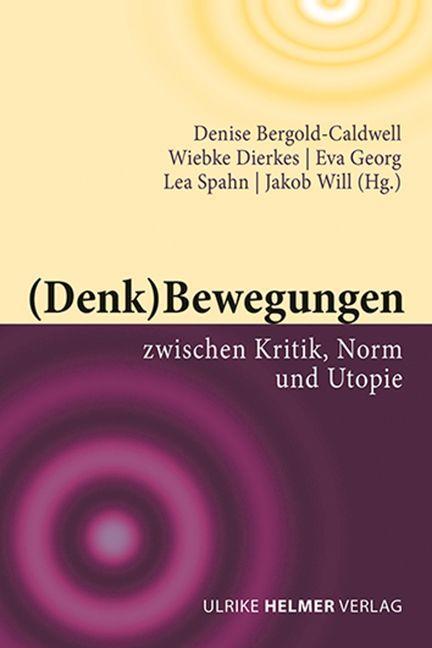
"Gender between Past and Future" - the title of the Marburg book series is particularly relevant for the highly topical volume announced here. It focuses on discourse formations that constitute themselves against equality policies, gender studies, and efforts to liberalize gender relations. The contributions analyze, from an interdisciplinary perspective, the argumentative figures, actors, and backgrounds of antifeminist discourses in various fields and their societal impacts. It becomes clear not only how "gender" becomes a cipher that connects religious and right-wing conservative actors with those of the "new right," but also how antifeminist arguments contribute to the de-themes of socio-political issues and conflicts. In addition to various discourse arenas and levels, including religion, science, and media, current political conflict areas are illuminated. These include, for example, the discourse on migration in the context of gender issues, as well as debates on "early sexualization" and "protection of life.".
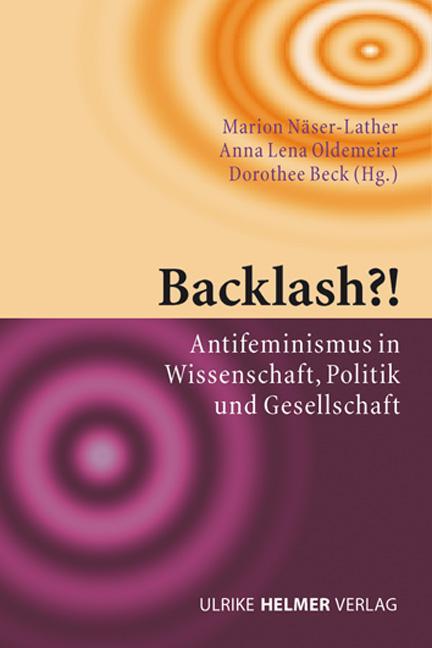
The texts and positions of pioneering theorists since the mid-1980s are at the center of this concluding third volume of feminist foundational texts. This reading and working book is an excellent entry point for engaging with individual figures and current topics, for which poststructuralism, queer theory, postcolonial studies, and the interdependence of race, class, and gender are key terms. It thus provides a helpful overview of international debates and establishes insightful connections. Each section features two related excerpts from sources that recommend the perspectives or developments of feminist authors from various academic disciplines for reading. These are contextualized through introductions that include biographical notes, information about the context of the selected source texts, their reception, and selected literature recommendations. The introductory contributions from renowned scholars at the Cornelia Goethe Center spark curiosity and encourage engagement with texts by Judith Butler, Rosi Braidotti, Raewyn Connell, Nancy Fraser, Ute Gerhard, Donna Haraway, Patricia Hill Collins, Arlie Hochschild, Carole Pateman, Joan Scott, Eve Kosofsky Sedgwick, and Gayatri Spivak.
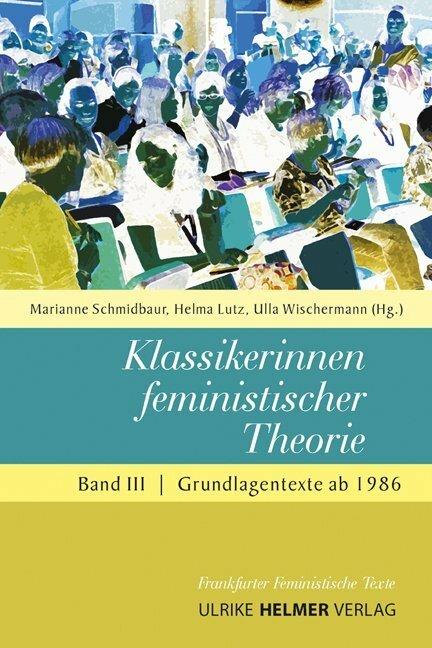
Klassikerinnen feministischer Theorie
German, Helma Lutz, Ulla Wischermann, Marianne Lutz, 2013
Does the historical concept of freedom hold any significance for feminist thought today? Or has it long since lost its relevance? Freedom is a highly questionable term for feminist critique. Gender studies and feminist scholarship have so far only engaged with it in exceptional cases—and there are undoubtedly good reasons for this. Nevertheless, the interdisciplinary anthology announced here advocates for not abandoning the concept of freedom, especially today. Instead, it embarks on a quest to explore current debates, thematic approaches, and re-readings of the concept of freedom within and for feminist theory and politics. By examining contributions from gender studies and the potential that this significant term may hold for contemporary and future feminisms, the volume aims to spark a debate about new appropriations and the possibilities of repoliticizing freedom and demands for freedom.
